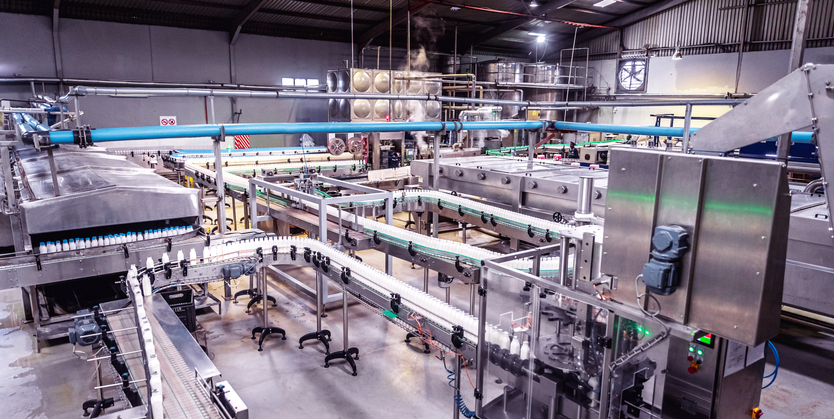The European Food Safety Agency (EFSA) is in charge of the registration into the European Union of novel foods and feeds, food and feed additives, food and feed contact materials, GMO’s, plant protection products, food and feed enzymes as well as food and feed flavourings.
To increase the legitimacy and credibility of their opinions, food safety authorities were under increasing pressure to proactively communicate with the public and stakeholders. Therefore, the transparency of EFSA obligations have been recently revamped.
European Regulation 2019/1381
On March 27, 2021, the European regulation 2019/1381 will enter into force in the European Union.
The new rules are obliging manufacturers to make all scientific documents publicly available at the start of the risk assessment process.
Until March 27, 2021, only the following restrictive information can be published by the EFSA:
- Opinions of the Scientific Committee and the Scientific Panels,
- Information on which its opinions are based,
- Results of the scientific studies.
After March 27, 2021, the following information will also be published by the EFSA:
- All of the scientific outputs and studies, including scientific data, studies and other information supporting applications and supplied by the applicant.
During examination, if applicable, the EFSA will inform the applicant about their intention to refuse confidentiality of specific information submitted by the applicant. At this moment, the applicant can contest the decision of the EFSA and/or request the withdrawal of its application. However, this delay for requesting a withdrawal (Article 39 B to D of the new regulation) is very short.
This mandatory publication raises a number of concerns as to whether the urge to increase transparency of the work of the EU authorities is more important than to keep research confidential.
Furthermore, European companies have already claimed that once the legislation has been implemented, non–EU competitors may easily and legally seek inspiration by checking the internet for new product developments in the EU food sector. In particular, protection of trade secrets can be put at risk, when the applicant communicates with food safety authorities.
Increasing IP Protection
Many companies want to reduce IP protection costs and do not protect all their new products through IP rights, especially new agro-food products. However, this means that crucial information (data and results related to stability, health effect or reduced toxicity of a new product and manufacturing processes of new products) that was until now protected efficiently by trade secrets, could be published by the EFSA.
As a result of this regulation, it is recommended that manufacturers anticipate problems and create an appropriate rights protection framework against further public disclosure of information by the EFSA.
With the entry into force of this new regulation on March 27, 2021, efficient protection of innovations in the food tech field, not only by trade secrets but also through additional IP rights, especially new patent applications or utility model filings will be required.





